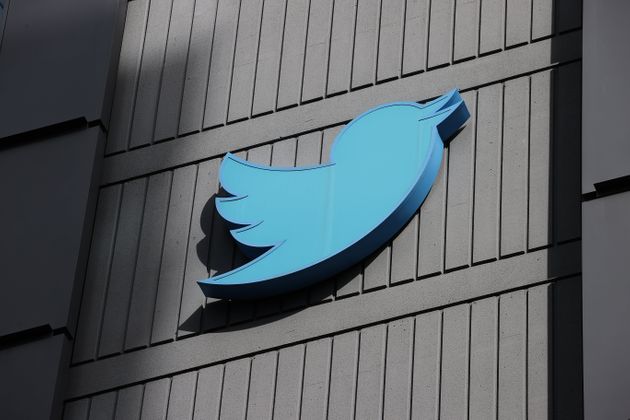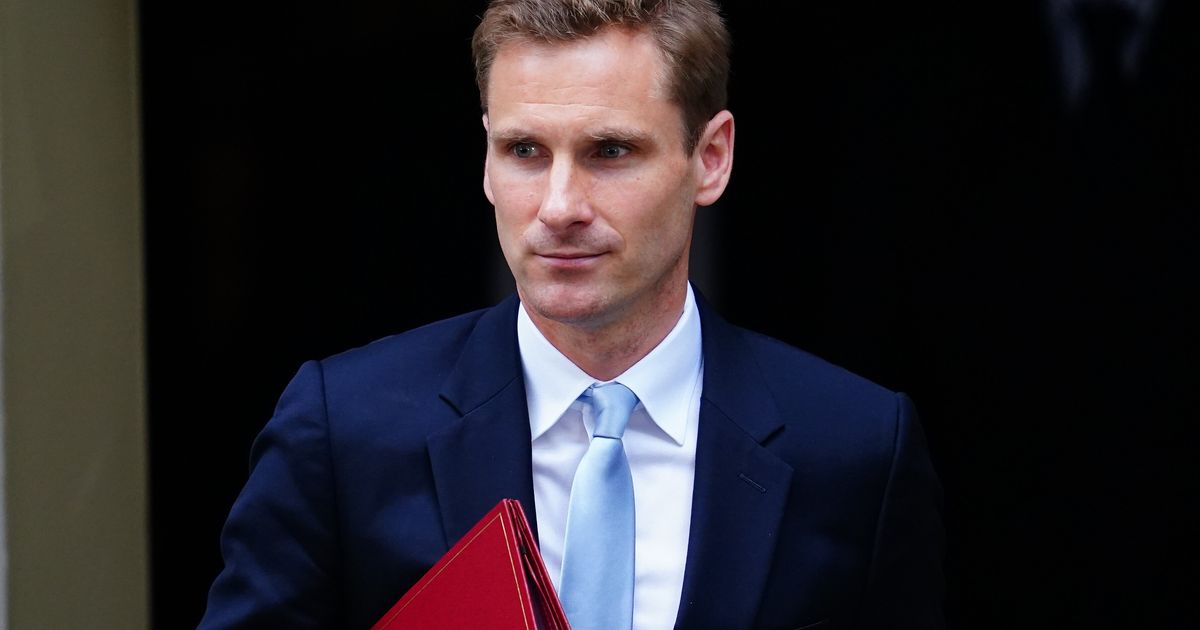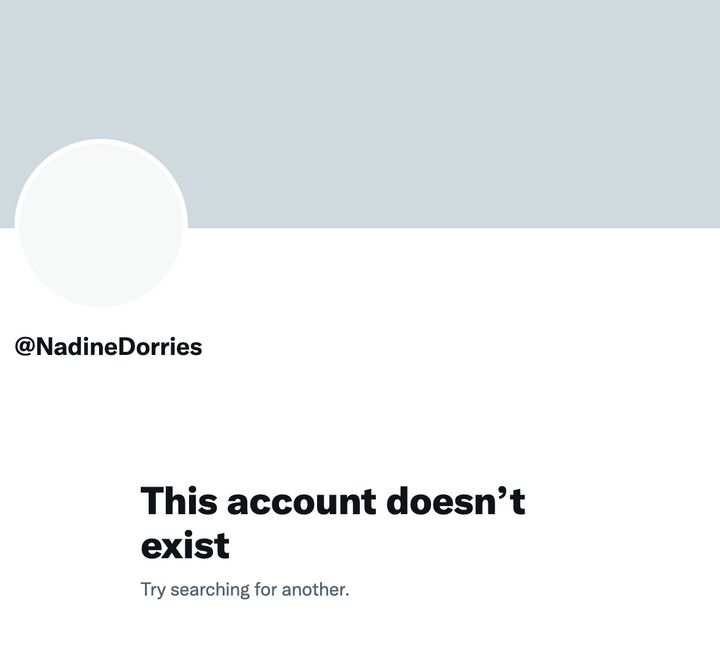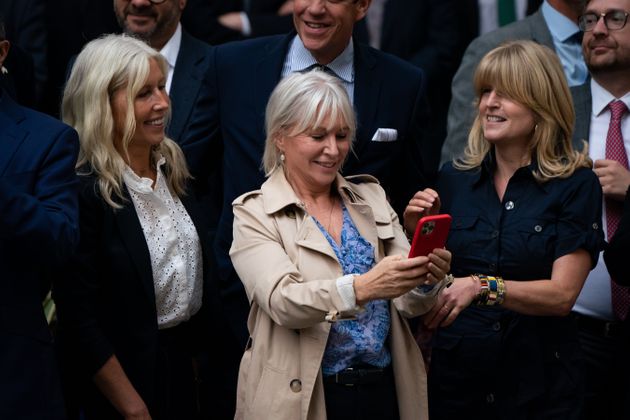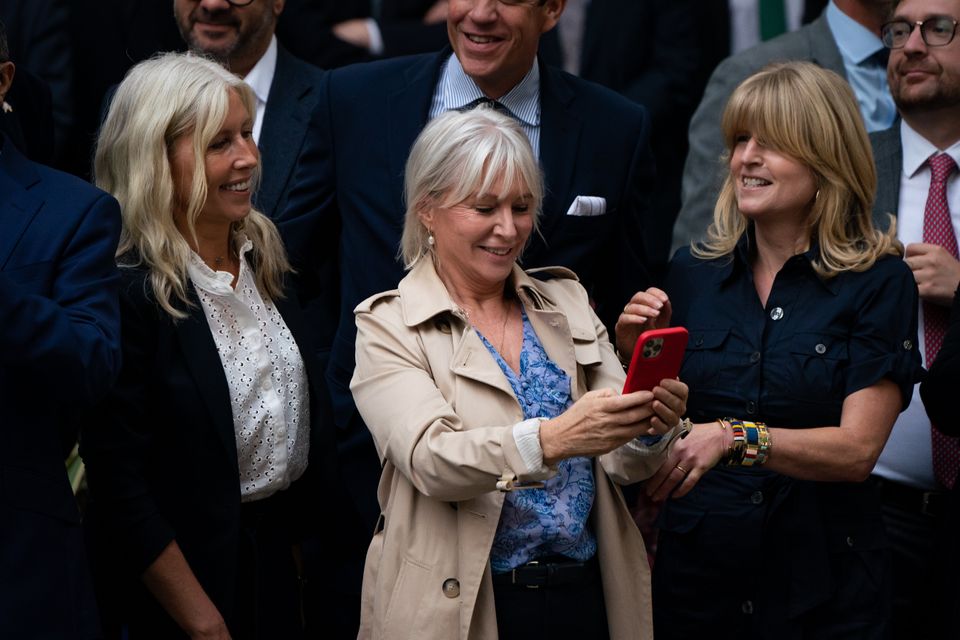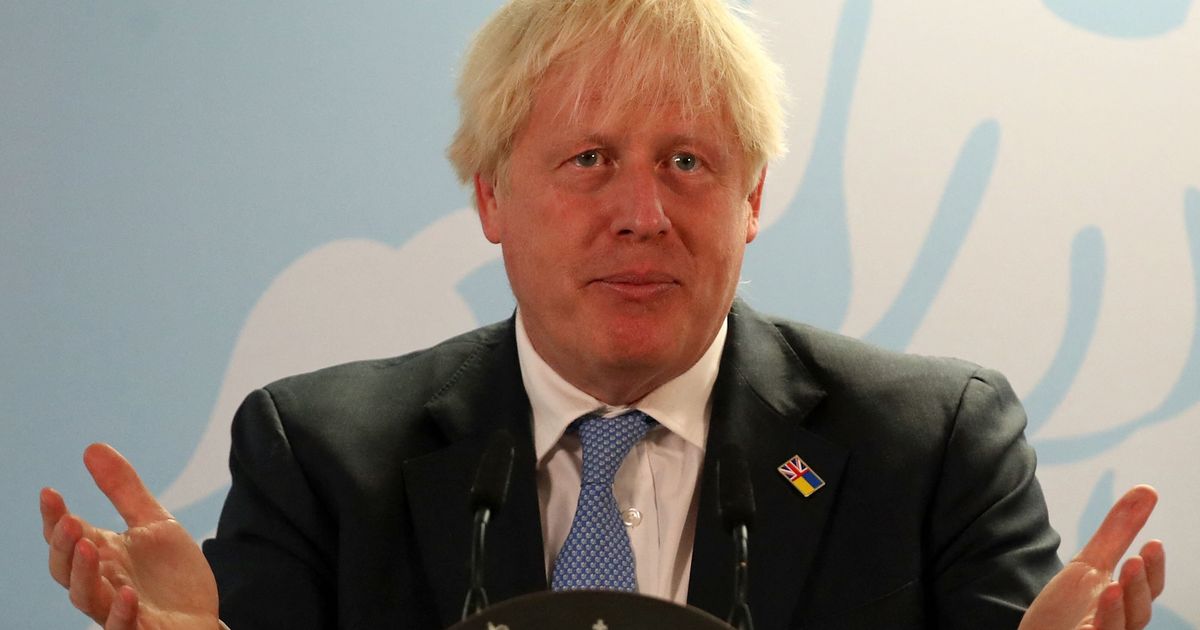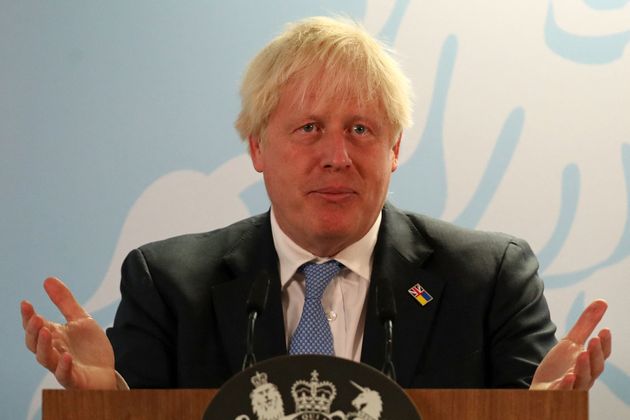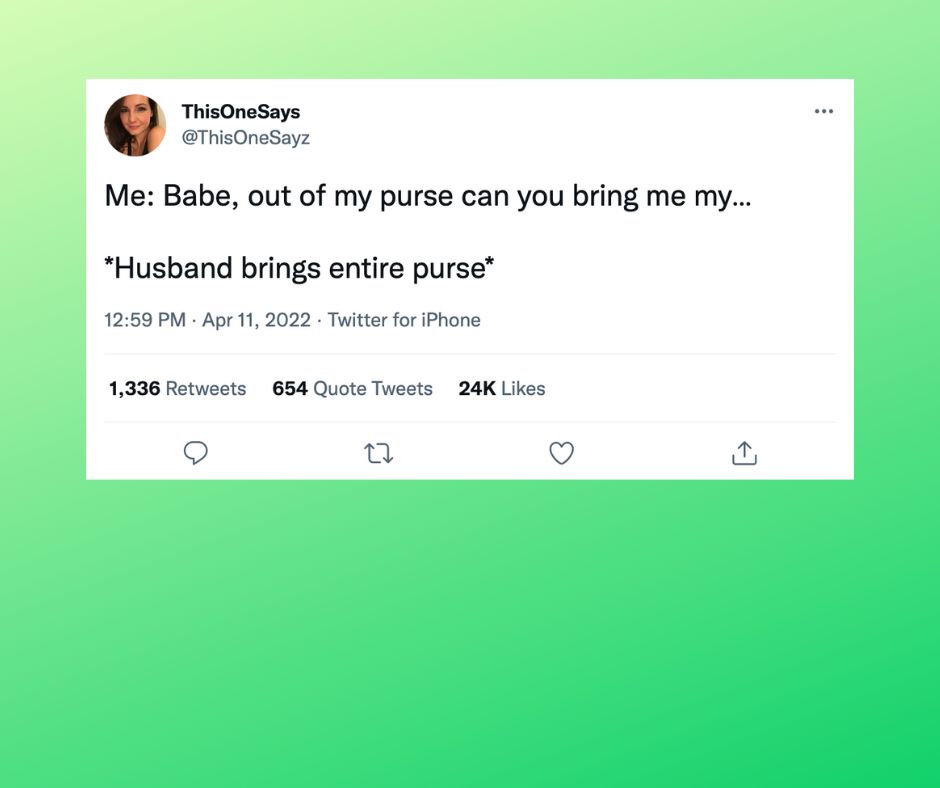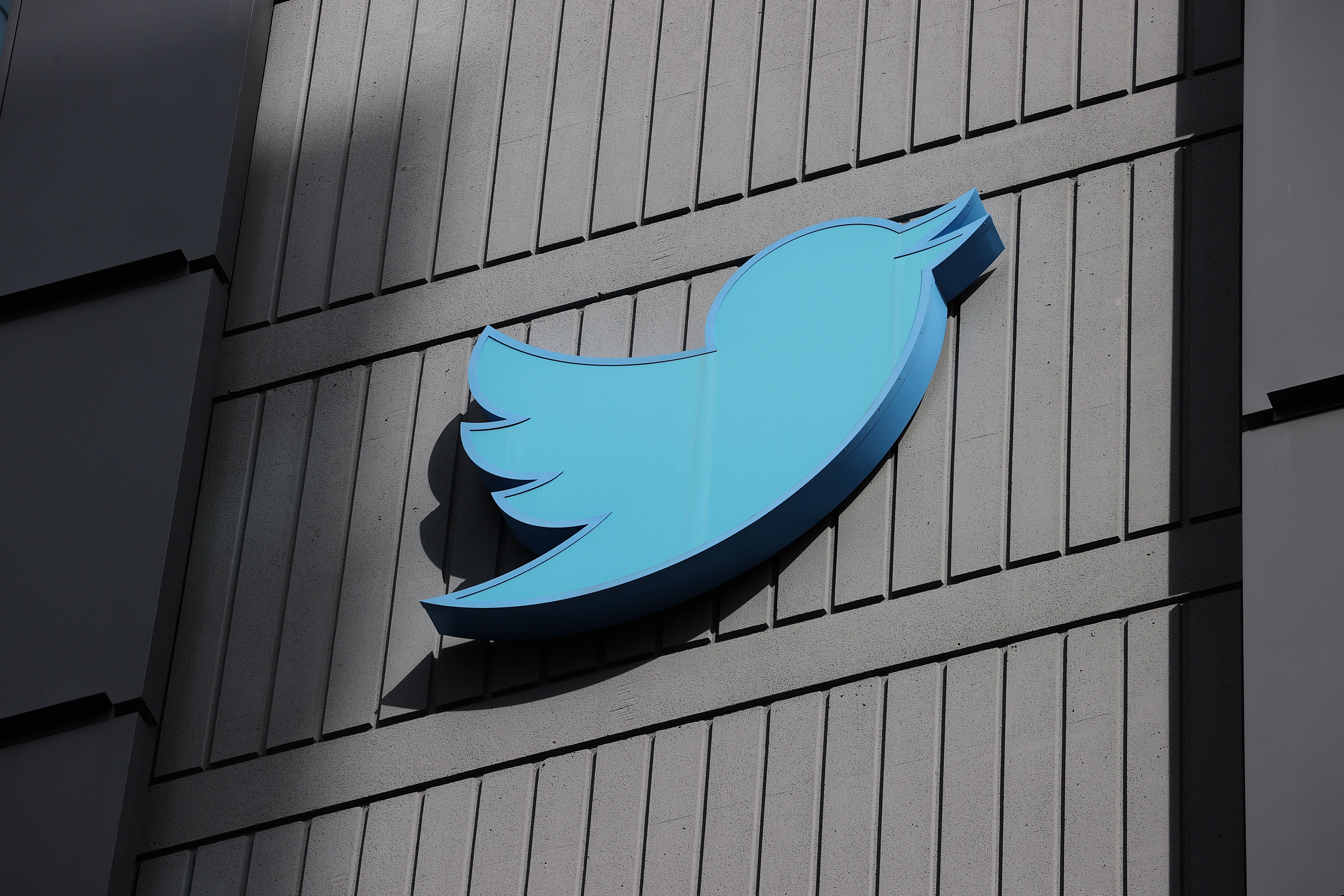
Mass layoffs have begun at Twitter, where reports suggest upward of 50% of the social media site’s jobs ― roughly 3,700 ― could be eliminated.
Employees received a message on Thursday evening notifying them that layoffs were beginning, according to The New York Times. They were told not to come to the office on Friday.
Advertisement
Twitter employees began tweeting about their experiences as some said their access had already been cut off, probably as a precursor to being fired.
The drastic cuts coincide with other HR-focused directives, including plans to scrap the company’s work-from-anywhere policy, which affects some 1,500 employees. Those unwilling or unable to relocate to a physical office will likely contribute to the job loss totals.
There’s already been a lawsuit filed over the job cuts. In a suit seeking class-action status filed Thursday in San Francisco federal court, workers say Twitter is conducting the layoffs in violation of federal and California law by not giving enough notice, Bloomberg reported.
Friday marks the end of Elon Musk’s turbulent first week running Twitter, where the world’s richest man has embarked on a frantic mission to cut costs and find new revenue streams to keep the company afloat.
Advertisement
Soon after he took over, Twitter cut off access to some content moderation and policy enforcement tools, curtailing employees’ ability to moderate hate speech and misinformation, Bloomberg reports.
The early chaos has unsettled advertisers, with major brands pulling ads from the site while they await a more coherent vision for what, exactly, Musk envisions ― and how he intends to moderate the platform.
In a tweet on Friday amid the mass firings, Musk blamed “activist groups” for the mayhem and the corresponding “massive drop” in advertising, and attempted to portray advertisers as enemies of free speech.
Musk’s acquisition deal saddled Twitter with $13 billion in debt (and made Saudi Arabia the company’s second-largest investor). As a result, the company, which has never regularly turned a profit, will now have to pay about $1 billion a year in interest expenses alone.
Advertisement
So far, potential monetisation schemes have included charging users a monthly fee to be verified and allowing users to charge for video content, which would effectively set up Twitter as an OnlyFans competitor.
It’s unclear how much money either approach might actually generate. Indeed, if poorly executed, the latter option could prove quite costly.
And many users who are already verified have balked at being asked to pay for the blue check mark. While verification has come to be viewed as a status symbol on the platform, its original (and far more important) purpose was to cut down on rampant misinformation.
Author Stephen King summed it up succinctly in an exchange with Musk himself this week.
“$20 a month to keep my blue check?” King tweeted Monday to his 6.9 million followers. “Fuck that, they should pay me. If that gets instituted, I’m gone like Enron.”
“We need to pay the bills somehow!” Musk responded. “Twitter cannot rely entirely on advertisers. How about $8?”
Advertisement
Remarkably, Twitter employees told The Washington Post they haven’t heard from Musk or received any form of official communication from Twitter leadership since the deal closed on October 27 ― even after Musk fired many of Twitter’s top executives, including CEO Parag Agrawal and the rest of the C-suite.
Somewhere amid the madness of the week, Musk also found time to spread a false conspiracy theory on Twitter about the assassination attempt on House Speaker Nancy Pelosi that left her husband with severe injuries. He quietly deleted the tweet hours later.
Liza Hearon contributed to this article.

